Bitwarden Security and Compliance
Bitwarden envisions a world where no one gets hacked. This is reflected in a steadfast Bitwarden commitment to security, privacy, and compliance with international standards.
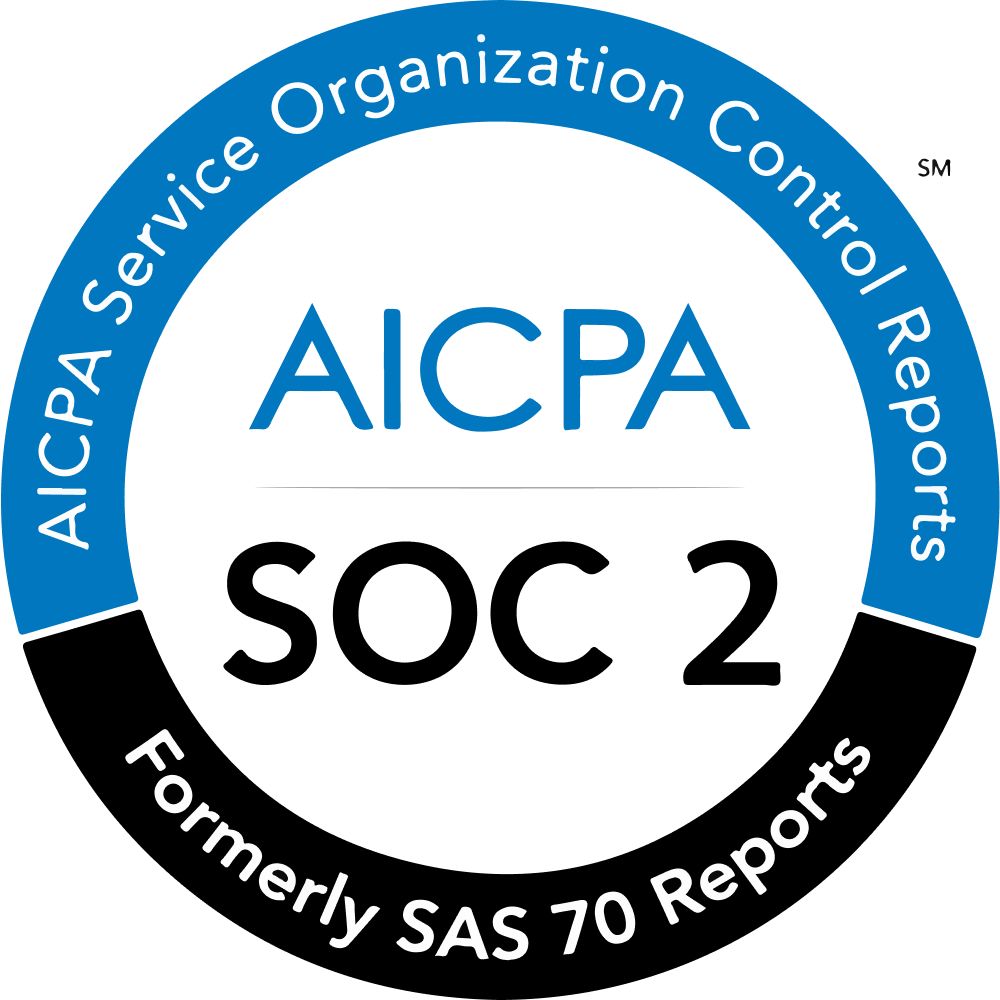
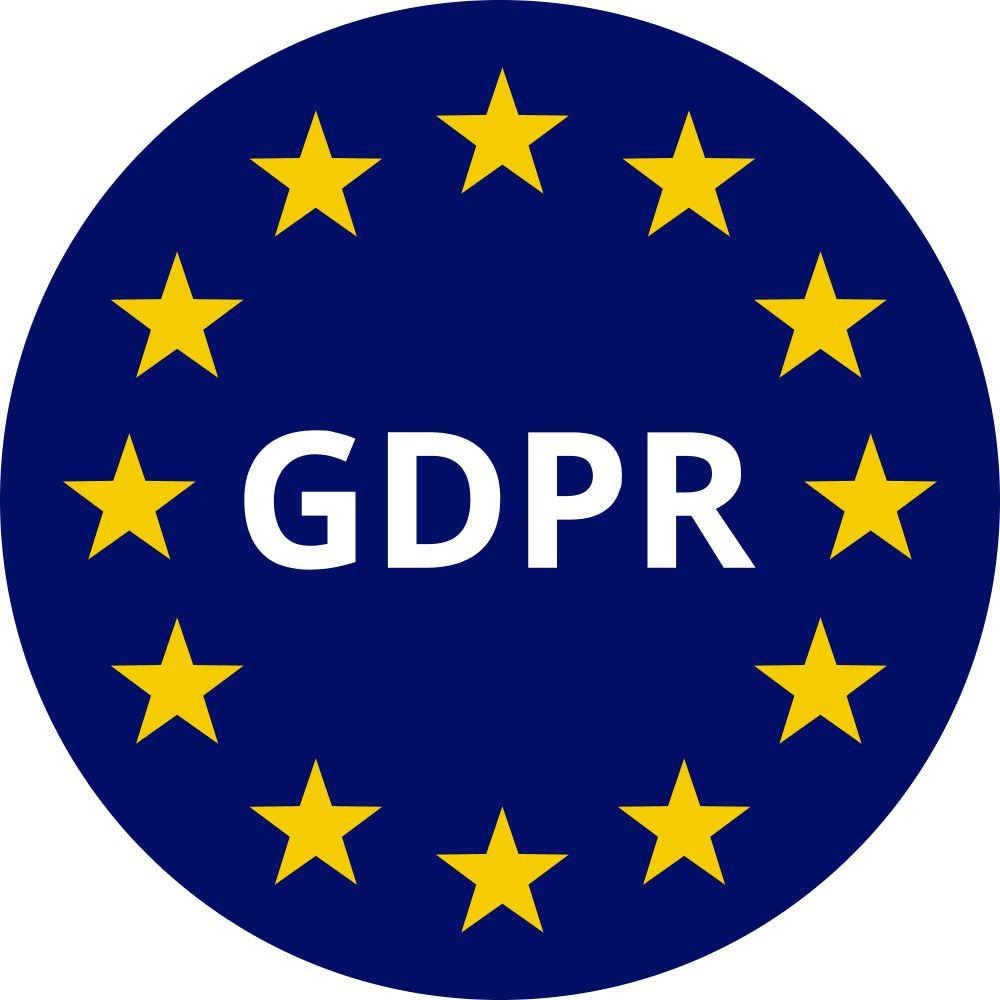
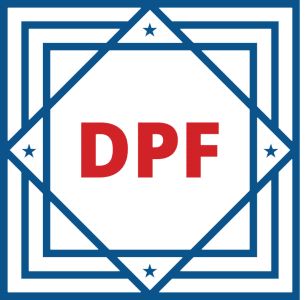
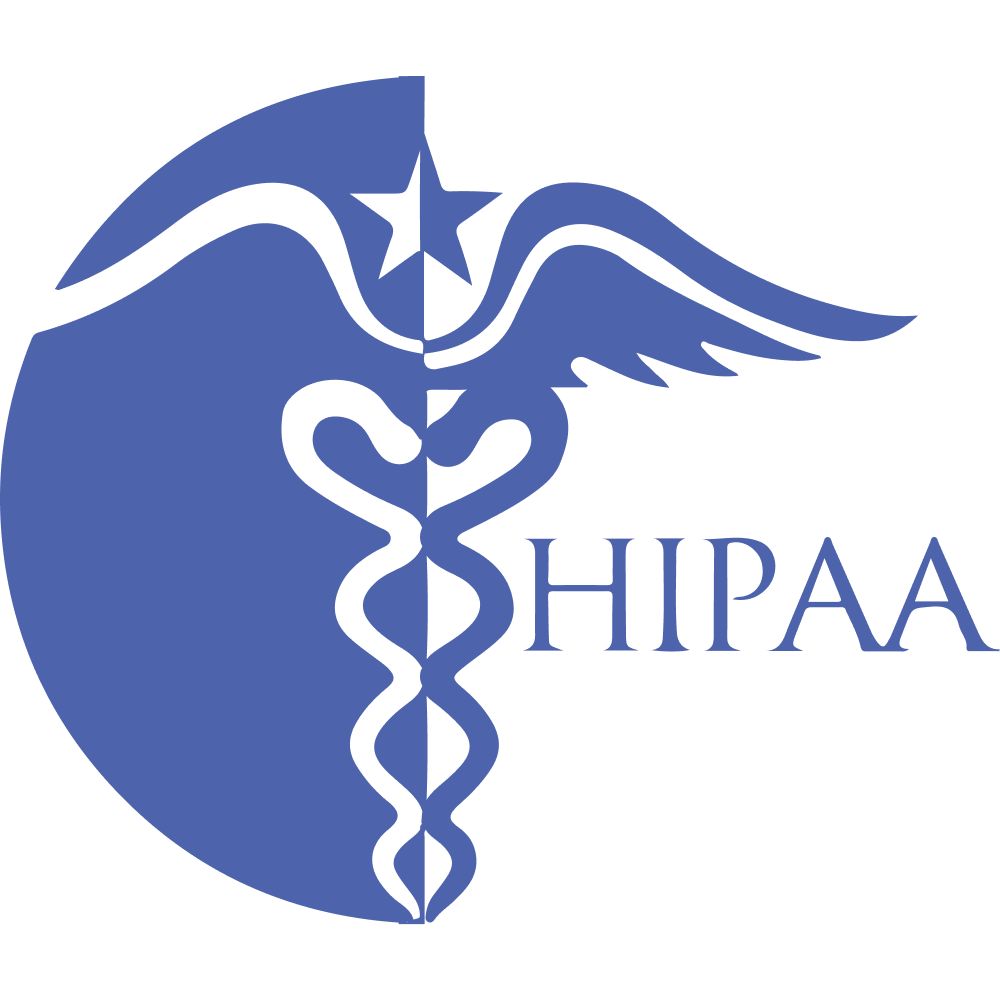
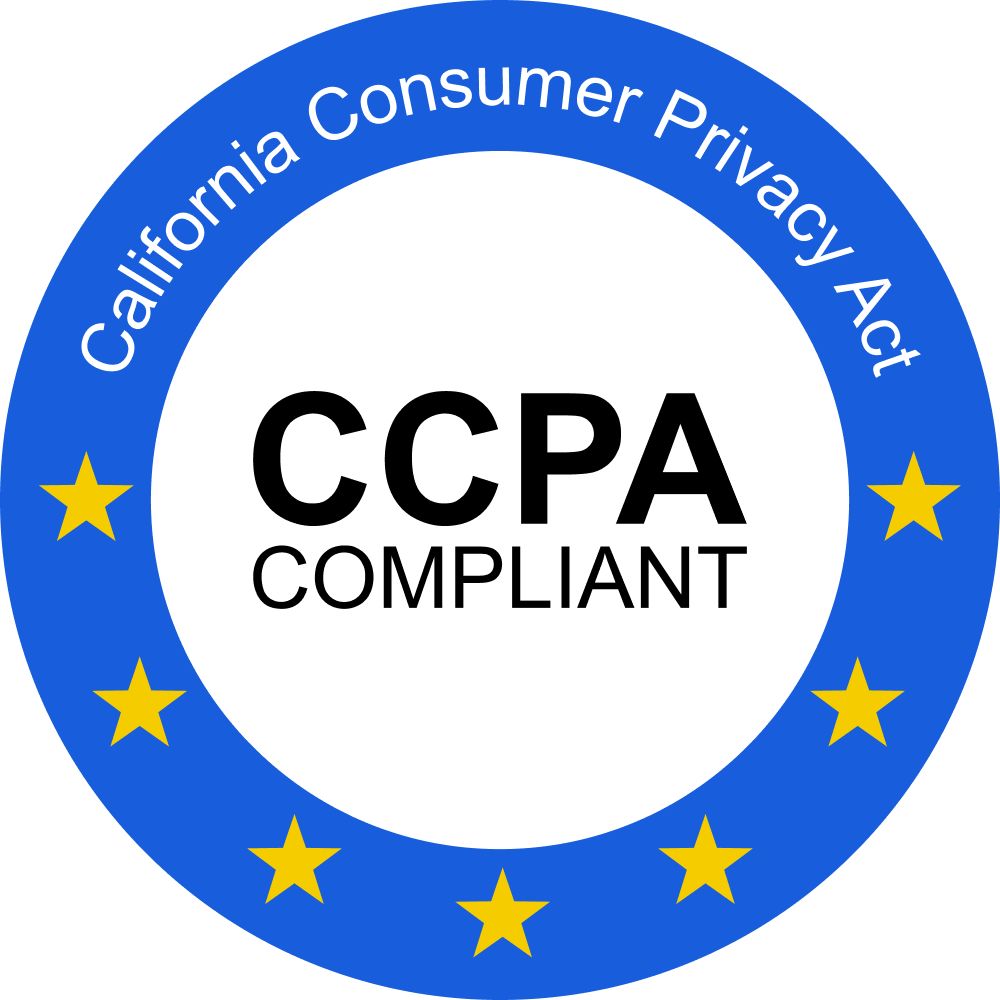
Bitwarden privacy and product security
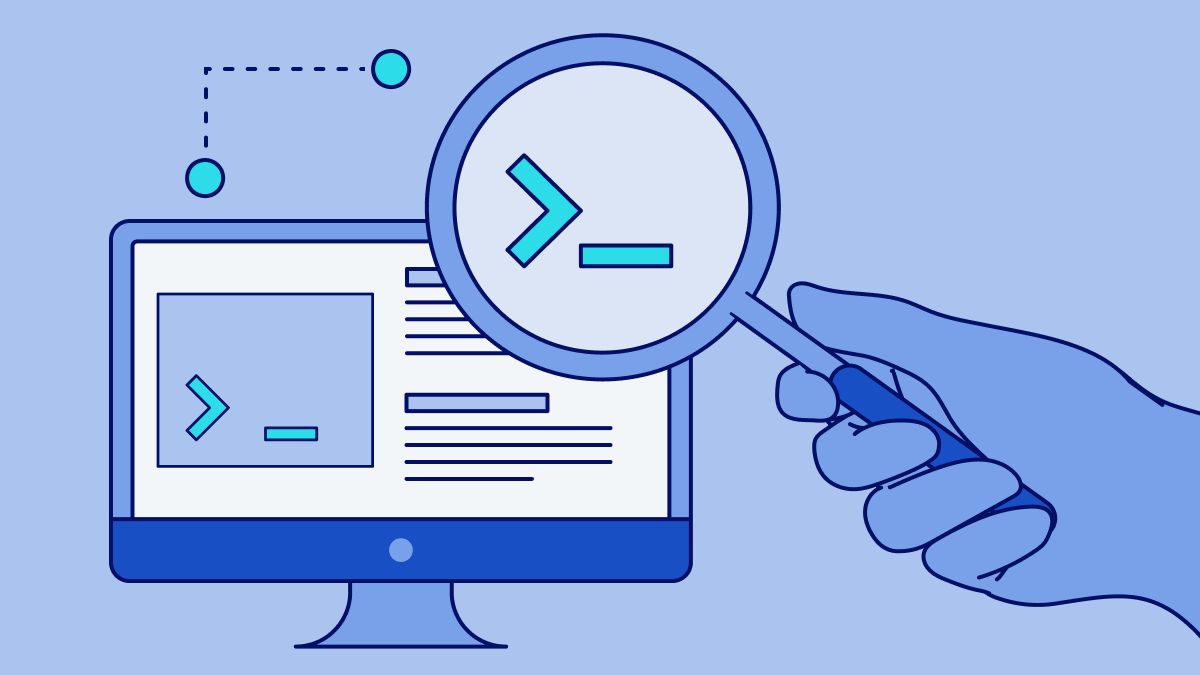
Third-party audited
External experts regularly review Bitwarden products, ensuring strong and trusted security.
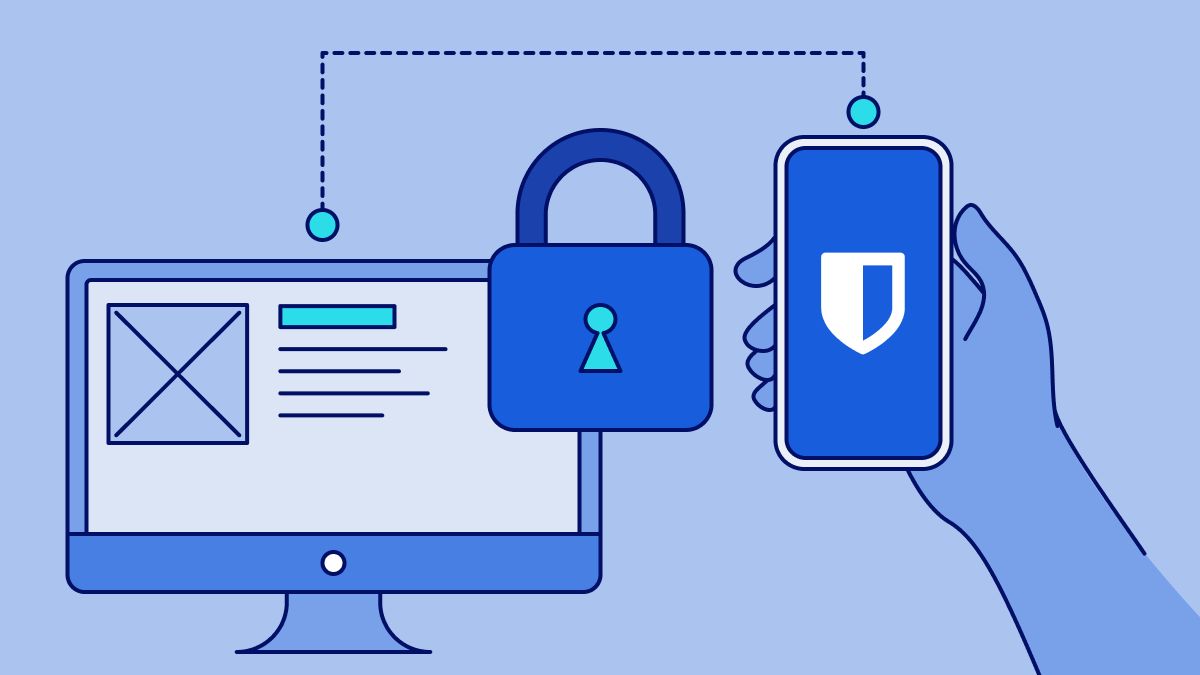
Zero-knowledge, end-to-end encryption
Secured with strong encryption, no one has access to your vault information, not even Bitwarden!
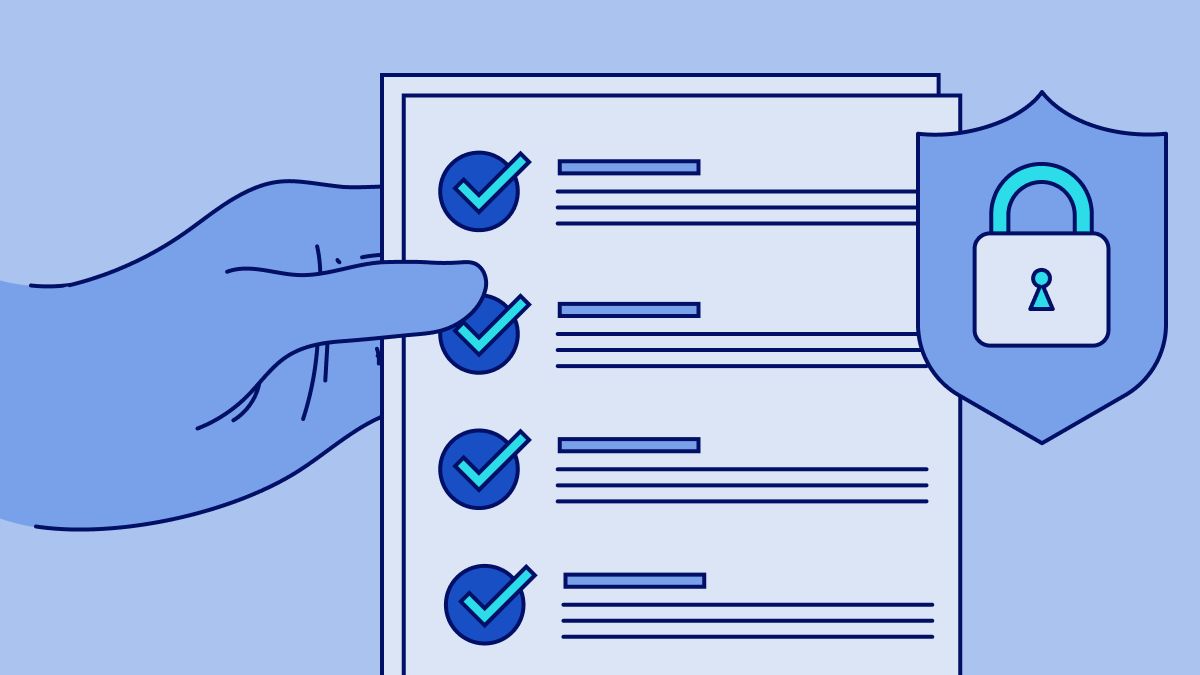
Compliant with privacy and security standards
Get Bitwarden products quickly approved by your internal IT and security teams with industry compliance.
Trust and transparency powered by open source
An open source codebase enables the security of Bitwarden products to be easily audited by independent security researchers, notable security firms, and the Bitwarden community.
Trusted open source architecture
The Bitwarden codebase on GitHub is regularly reviewed and audited by millions of security enthusiasts and active Bitwarden community members.
Source code assessment
Bitwarden completes annual source code audits and penetration tests for each client including web, browser extension, and desktop — in addition to the core application and library.
Network security assessment
Bitwarden completes annual network security assessments and penetration tests by reputable security firms.
HackerOne bug bounty
Independent security researchers are rewarded for submitting potential security issues.
Keeping your data secure
As your password manager and credential security provider, Bitwarden utilizes trusted security measures and encryption methods to protect user data.
Zero-knowledge, end-to-end encryption
Bitwarden uses end-to-end encryption for all vault data, which only your master password can decrypt. With a zero-knowledge architecture, Bitwarden does not have the ability to read any encrypted data in your vault.
Multifactor encryption
Multifactor encryption is an additional layer of encryption that protects your stored information. This makes it practically impossible for a bad actor to break into your vault, even if they were able to gain access to your encrypted vault data.
Self-hosting options
Choose to deploy and manage Bitwarden on-premises in your private network or infrastructure with self-hosting options. Self-hosting allows customers to have more detailed control over their stored information.
Security compliance
Bitwarden adheres to industry security standards with an ISO 27001 certification, SOC2 and SOC3 certifications, and HIPAA compliance.

SOC2 and SOC3
System and Organization Controls (SOC) comprise a set of control frameworks that are used to validate an organization’s security systems and policies. Bitwarden is SOC2 Type II and SOC3 certified.
SOC2 Reports available upon request.

HIPAA
Bitwarden is HIPAA compliant and undergoes annual third-party audits for HIPAA Security Rule compliance.
ISO 27001
Bitwarden is ISO 27001 certified and in compliance with ISO 27001 control sets surrounding data security.
Privacy compliance
Bitwarden prioritizes protecting the personal data of users and ensuring compliance with key privacy standards across the globe.

CCPA & CPRA
Bitwarden is compliant with the California Consumer Privacy Act (CCPA) and the California Privacy Rights Act (CPRA).

GDPR
Bitwarden complies with GDPR, current EU data protection rules, and EU Standard Contractual Clauses (SCCs).

Data Privacy Framework
Bitwarden complies with the Data Privacy Framework (DPF), previously called Privacy Shield, which defines the safe transfer of personal data.
Learn about Bitwarden security, privacy, and compliance.
Meet your security compliance standards with Bitwarden
Bitwarden is more than a password manager; it's a foundational tool for achieving and maintaining industry compliance with key security standards. Through secure sharing, monitoring capabilities, centralized management, and robust data protection, Bitwarden strengthens your organization's cybersecurity posture to meet compliance needs.
ISO 27001
ISO 27001, an international standard, sets the foundation for creating, maintaining, and developing information security management systems (ISMS), including data management.
SOC 2
Service Organization Control 2 (SOC 2) reports are often requested by customers and business partners of outsourced solution providers. Companies seeking SOC 2 compliance can leverage a SOC 2-compliant password manager to help meet requirements.
NERC
The North American Electric Reliability Corporation (NERC) is a non-profit international regulatory body dedicated to setting compliance standards that help reduce risks to the electricity grid and power systems serving hundreds of millions of people in the United States, Canada, and part of Mexico.
NIS2
NIS2 is a set of requirements for securing network and information systems across the EU. The directive mandates businesses identified as operators of essential services to implement appropriate measures to enhance cybersecurity and comply with legal obligations.
NIST Cybersecurity Framework
The National Institute of Standards and Technology (NIST) provides guidance and best practices for organizations to follow, in order to help businesses, non-profits, and other private-sector institutions to improve cybersecurity risk management.
SOX
Sarbanes-Oxley Act (SOX) compliance involves adhering to a set of security requirements designed to ensure the integrity of financial reporting.
Password Management Maturity Model
This framework helps organizations understand their password manager maturity level — based on their current operations — and identify what steps are necessary to strengthen their security and improve their existing classification.